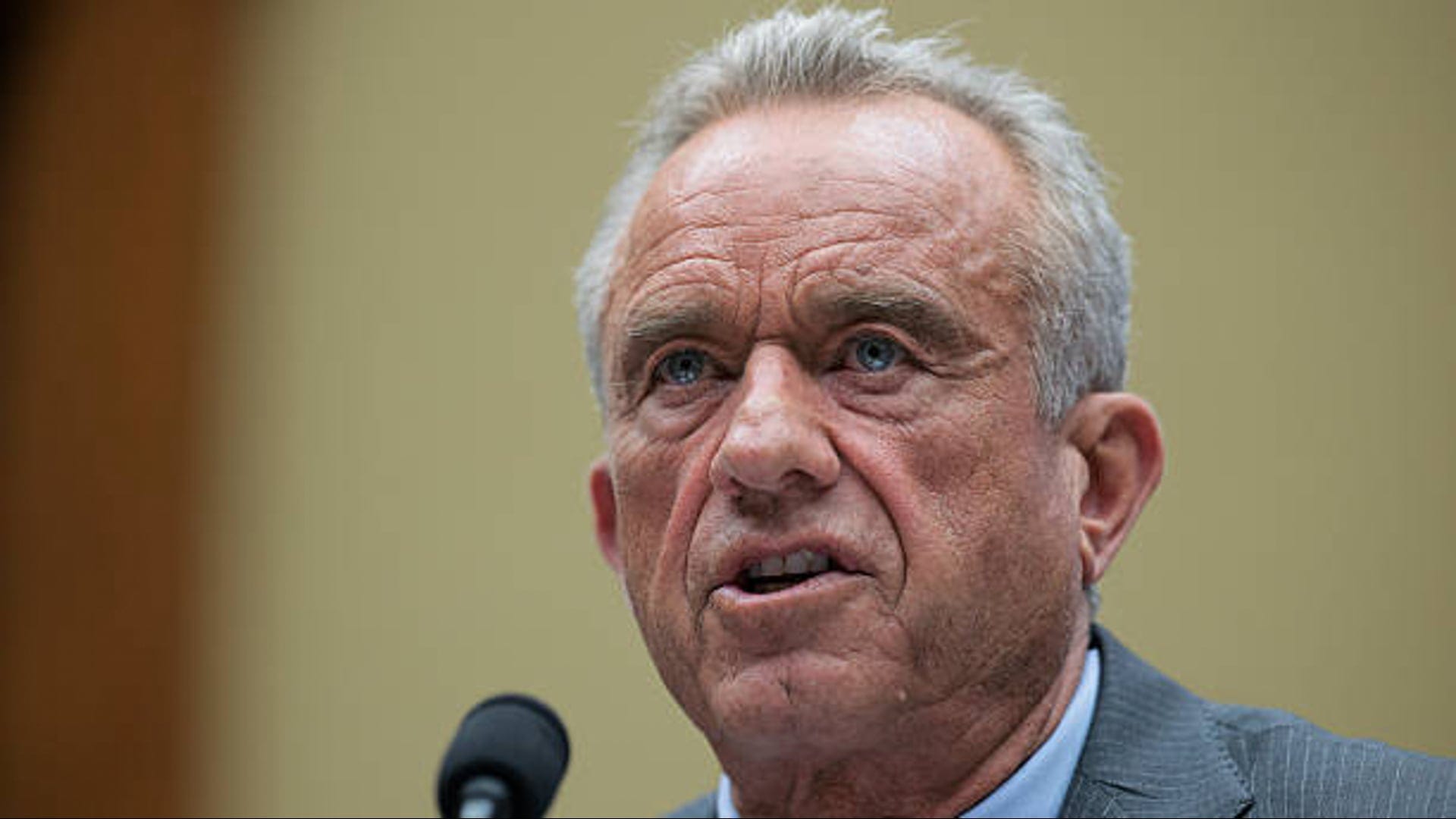RFK Jr. postpones another key health panel meeting. What could that mean for your health?

Health and Human Services Secretary Robert F. Kennedy Jr. has suddenly postponed a meeting for another key federal advisory panel responsible for making health recommendations on preventative care.
Members of the U.S. Preventive Services Task Force were notified by email that the Immediate Office of the Secretary is postponing the in-person meeting scheduled for July 10, according to someone with knowledge of the situation not authorized to speak publicly.
Task force members were slated to discuss recommendations regarding healthy diet, physical activity and weight loss to prevent heart disease in adults, among other agenda items.
In an email sent to Paste BN, HHS confirmed the task force will not meet July 10.
The move rings alarm bells as it mirrors the secretary’s actions prior to firing all 17 members of another federal advisory panel at the Centers for Disease Control and Prevention in June, Carroll said, the Advisory Committee on Immunization Practices (ACIP).
The postponed USPSTF meeting also follows a recent Supreme Court decision that clarified Kennedy can remove task force members at will and can review their recommendations before they take effect.
The postponed meeting “is concerning,” said Dr. Aaron Carroll, CEO of AcademyHealth, a nonprofit medical group. “Given what’s just happened with ACIP, there’s a real fear that this could happen again with USPSTF.”
Recommendations made by ACIP have wide-ranging implications, guiding vaccine requirements for schools and impacting a government program offering free vaccinations for about half of America's kids. Kennedy quickly appointed eight new members a few days later, including some vaccine skeptics.
Under the Affordable Care Act, the USPSTF has a major role in choosing what preventive health services will be covered by insurance plans at no cost to patients, such as cancer screenings, testing for sexually transmitted infections, mental health screenings and important medications. Forcibly removing task members without cause could threaten access to that care, said Carroll.
USPSTF makes recommendations across specialties such as women’s health and obesity, “of which can easily be politicized,” he said.
“This is not just like a bureaucratic shuffling,” Carroll said. “You’re disrupting how patients access no-cost preventative care, how clinicians practice, how payers design coverage. … It’s a chilling message to everyone.”
The Supreme Court decision that clarified Kennedy’s authority over USPSTF originated from a suit in Texas. Two Christian-owned businesses and individuals argued that health insurance plans they buy shouldn’t have to cover medical tests and drugs they object to on religious grounds, such as the HIV-prevention regimen PrEP.
Access to this type of care could be at risk if Kennedy appoints new task force members who carry certain political ideology, Carroll said.
The postponed meeting prompted dozens of medical groups to send a letter to leaders of the Senate Committee on Health, Education, Labor and Pensions urging Congress to preserve task force procedures and duties.
“It is critical that Congress protects the integrity of the USPSTF from intentional or unintentional political interference,” according to the letter, signed by AcademyHealth, the American Medical Association, American Academy of Pediatrics, among others.
Adrianna Rodriguez can be reached at adrodriguez@usatoday.com.